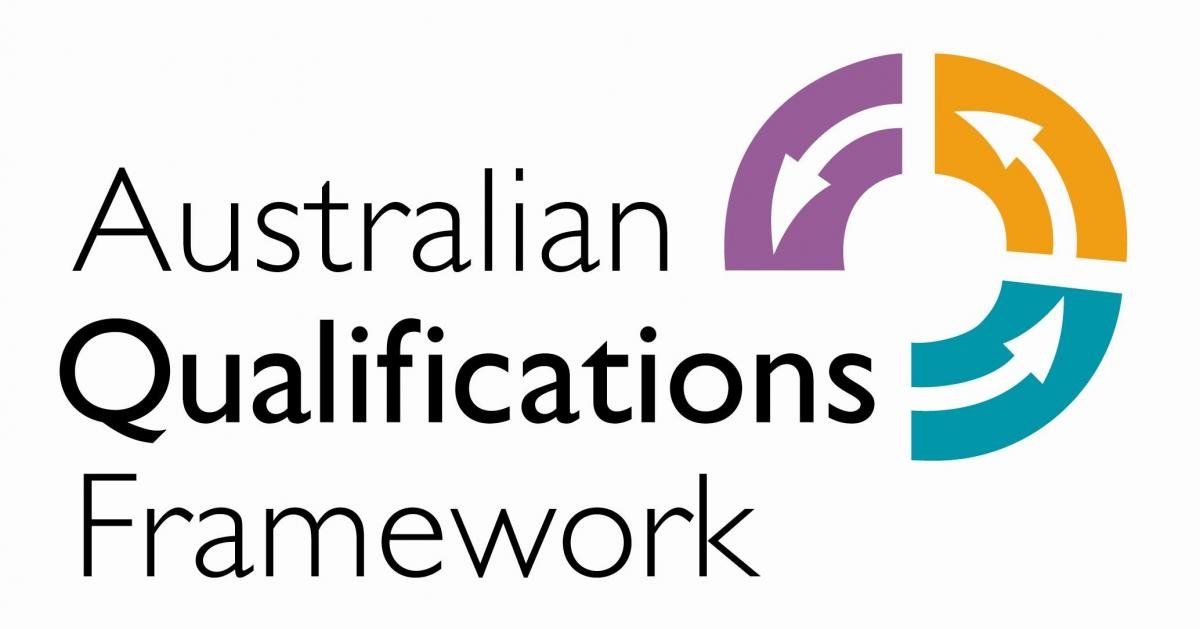Communicating with families
Dr Mary Anne Hall • July 21, 2019
Communicating with families: Strategies for fostering positive relationships with parents and carers
This webinar will highlight:
- Managing expectation of parents through good communication and productive discussion of issues
- Develop skills to approach challenging conversations e.g. divorce and separation arrangements
- Strategies for conflict resolution, particularly as it relates to incidents in delivery of care
Total course cost $49.95

There are now over one million children in Australia going through a family breakdown. This almost always causes stress for children, with over 25% of children experiencing long term trauma as a result. Reduced access to once familiar extended family, the introduction of stepparents and step siblings, and the reduced presence of once consistent parents, can all contribute to children feeling fearful and uncertain. This week, Dr Mary Anne Hall from EPEC Education, provides five ways teachers and carers can assist children in transition while they are at school and at day care.

Supervising children adequately is the most important skill an early childhood educator can have. While having the ability to provide children with a safe and secure environment may seem like an easy task, there are over 1000 cases annually, whereby Australian children are seriously hurt in the early childhood setting. These accidents range from fingers being jammed in doors; dislocation and broken bones; choking; scalds and burns; to children having adverse allergic reactions. These accidents can and do, have dire consequences. This week, Dr Mary Anne Hall from EPEC Education, highlights five factors that should be considered when supervising children.




